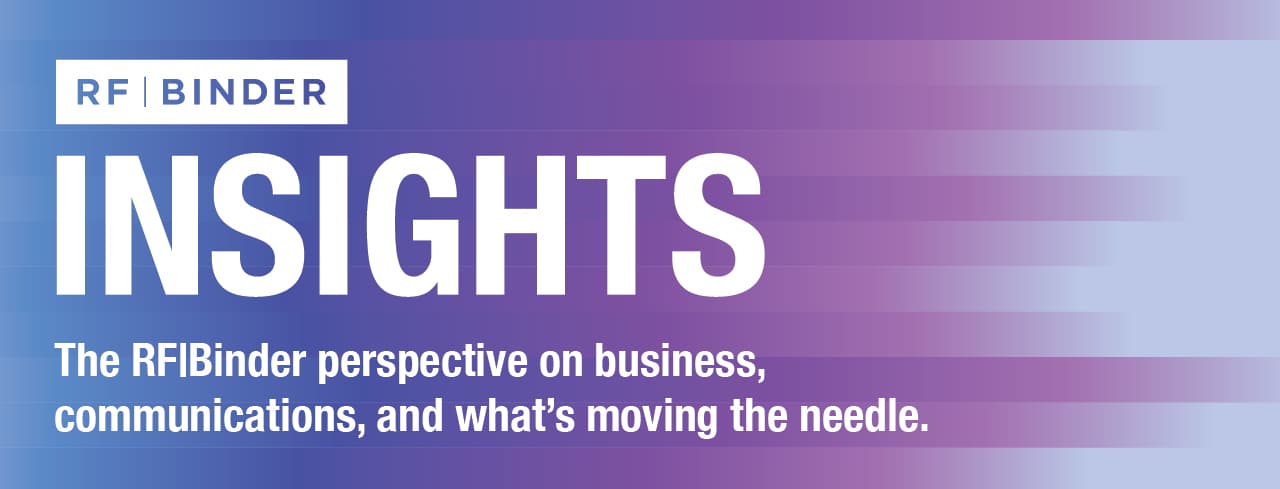The Big Story
A Not So Friendly NUDGE Against Social Media Giants
In early February, a new bipartisan bill was introduced in Congress that would allow the Federal Trade Commission (FTC) to regulate how social media companies approach the increasing issue around harmful content and social media addiction. This NUDGE (Nudging Users to Drive Good Experiences on Social Media) Act, created by Sen. Amy Klobuchar and Sen. Cynthia Lummis, ultimately aims to increase transparency and to improve the user experience on social media.
Klobuchar and Lummis are teaming with federal agencies like the National Science Foundation (NSA) and private institutions like the National Academy of Sciences, Engineering and Medicine (NASEM). They plan to examine content surfacing across different social media platforms and then recommend features for “content-neutral” interventions in attempt to mitigate negative experiences on social media. Based on their recommendations, the FTC would then mandate social media platforms to implement them. Also, these platforms will be required to publicly share information about their compliance with these rules and the impact of the interventions. Platforms that violate the bill will be held accountable and dealt with by the FTC, though it is still unclear exactly what the penalties entail.
Social Updates
This week, Snap Inc. rolled out their “Hey, You Good?” campaign, which was formed with the help from AdColor to educate Snapchat users about mental health issues impacting Black communities through real conversations. This campaign consists of a few different pieces including a Discovery Channel miniseries, filters and lenses that provide a call to action that encourages young people to check in on their own and other’s mental health. In addition to this, they also built a microsite providing resources to find therapists along with a four-part video series from a mental health professional that speaks to anxiety, toxic masculinity and trauma.
In a decade long lawsuit against Meta’s Facebook for violating federal and state privacy and wiretapping, Meta has agreed to pay $90 million as a settlement. If approved by the court, they would also be required to delete all data that has been collected inappropriately. Back in 2012, Facebook was alleged to use plug-ins to store cookies that tracked users after they left the platform and then visited third-party websites that contained the Facebook “like” button. Regardless of if a user clicked the button, Facebook was able to gather a plethora of user data like sites visited and items purchased. Facebook then used this acquired data, which included users’ browsing histories, into profiles and sold it to advertisers. After a lengthy legal battle, Meta decided to settle to prevent prolonging the case and potentially making this one of the biggest data-privacy class-action settlements.
Meta is staying on it’s toes in it’s ongoing battle against video content giant, TikTok. Meta recently announced their full launch of Reels on Facebook. This was already available to some users but has since been activated in 150 more regions. These Facebook Reels will include new creative tools and features like Reels drafts and a new video clipping option to encourage content creators and trend engagement. Most significantly, Facebook is offering its short-form option as a complementary channel, while allowing content creators to build community and maximize their monetization potential through long-form content. This could be a major issue for TikTok as their typical short-form content limits the monetization possibilities, which may push content creators to Reels.
Digital Updates
Google Replaces FLoC with Topics
Google’s Federated Learning of Cohort (FLoC), their solution to replacing cookies for interest-based advertising, is being switched out for their new project: Topics. Topics allows your browser to learn about your interests as you navigate throughout the web. Google’s Topics then takes your data from the last three weeks and will categorize the sites based on one of the 300 topics. For sites that support the Topics API, they can then share data with advertisers on the top three topics that users are interested in to help advertisers make better informed decisions as cookies are being phased out.
Google’s Page Experience Update Expected to Roll Out
Website owners beware: Google is expected to roll out their desktop Page Experience update, similar to the mobile update that rolled out in August 2021. These Page Experience updates aim to bring a better user experience by prioritizing pages that offer quality page performance like fast load times and non-shifting, stable pages. Google recommends that the average loading time for a website should be around two to three seconds. To prepare for this, website owners should be utilizing Google’s PageSpeed Insights Tool and should check into these major site ranking factors: Largest Contentful Paint (LCP), First Input Delay (FID), Cumulative Layout Shift (CLS), HTTPs Security and Absence of Intrusive Interstitials.

